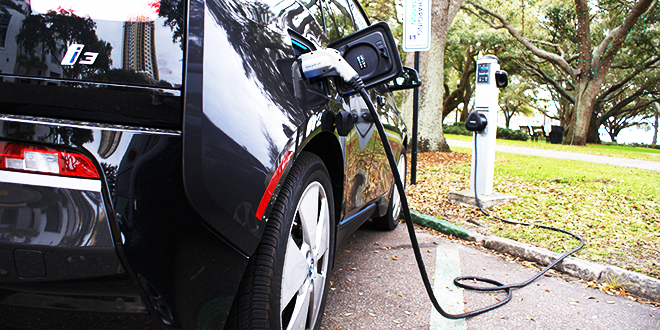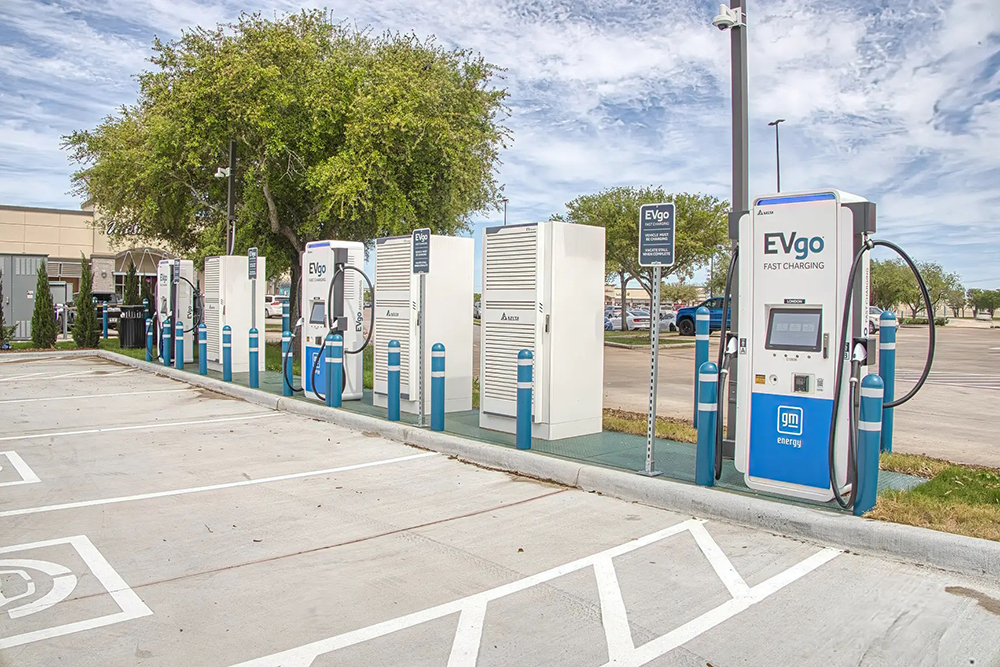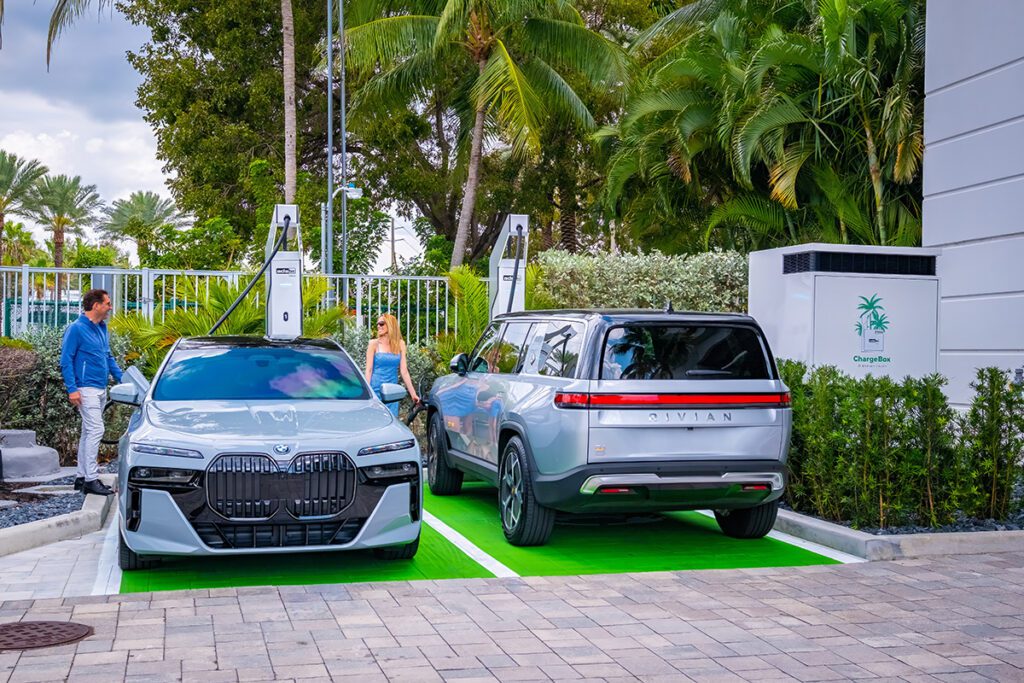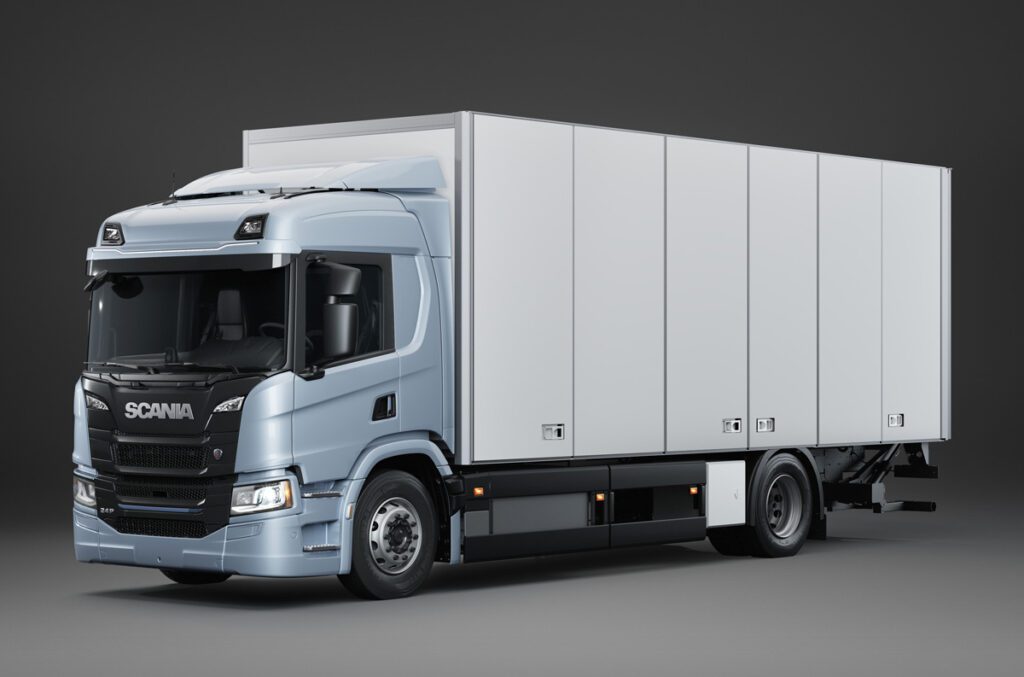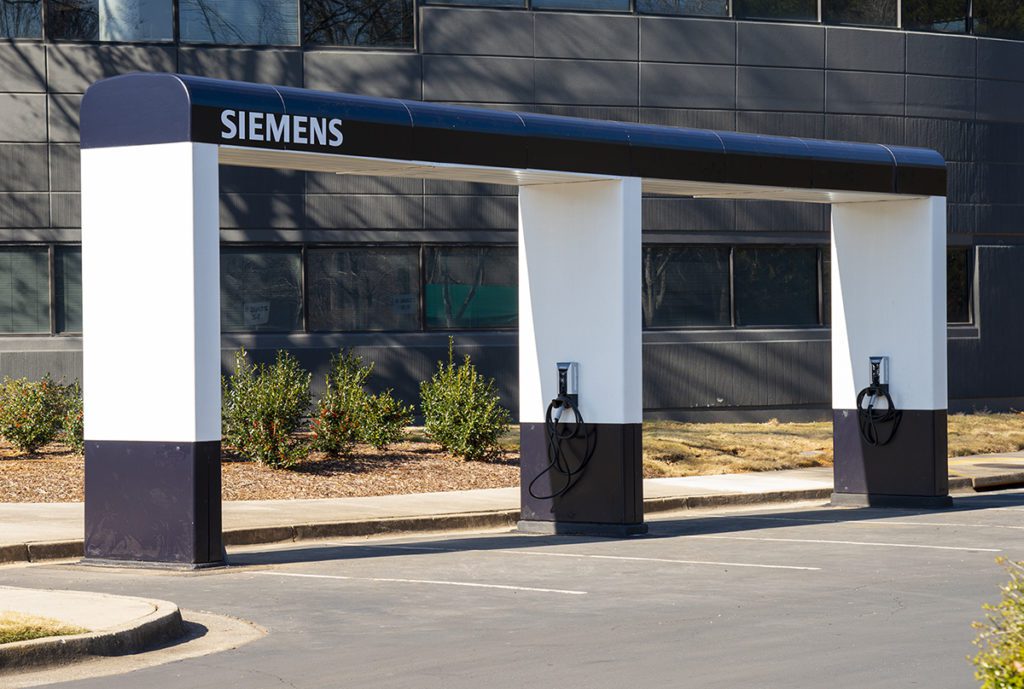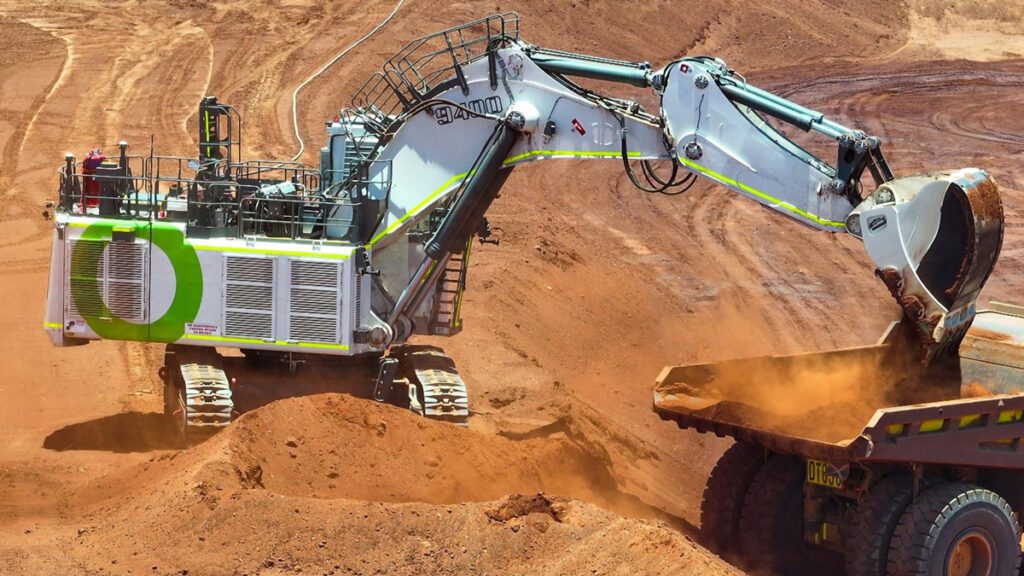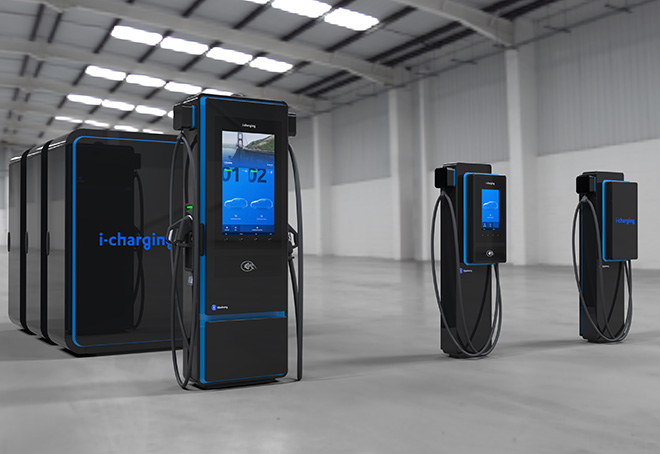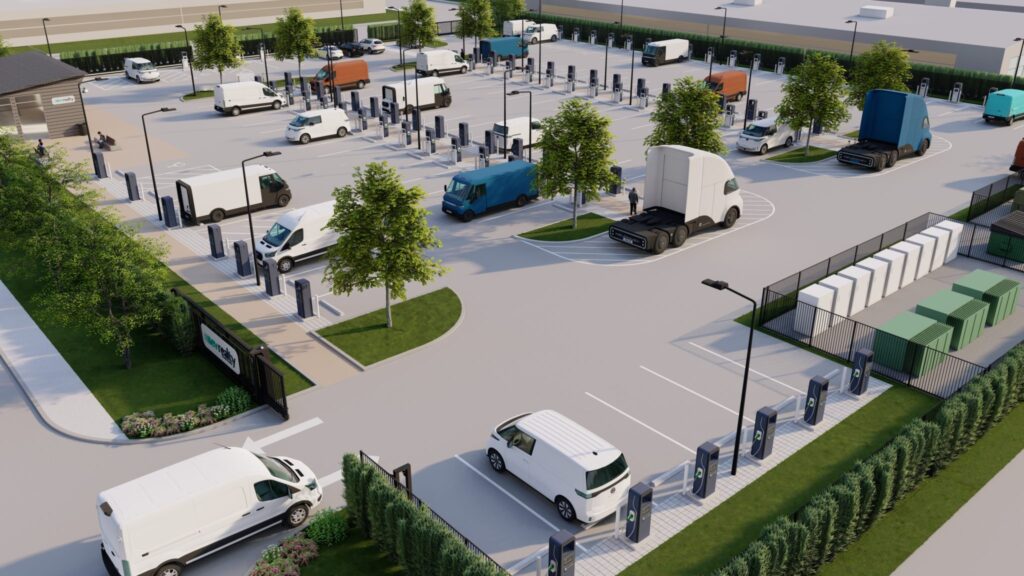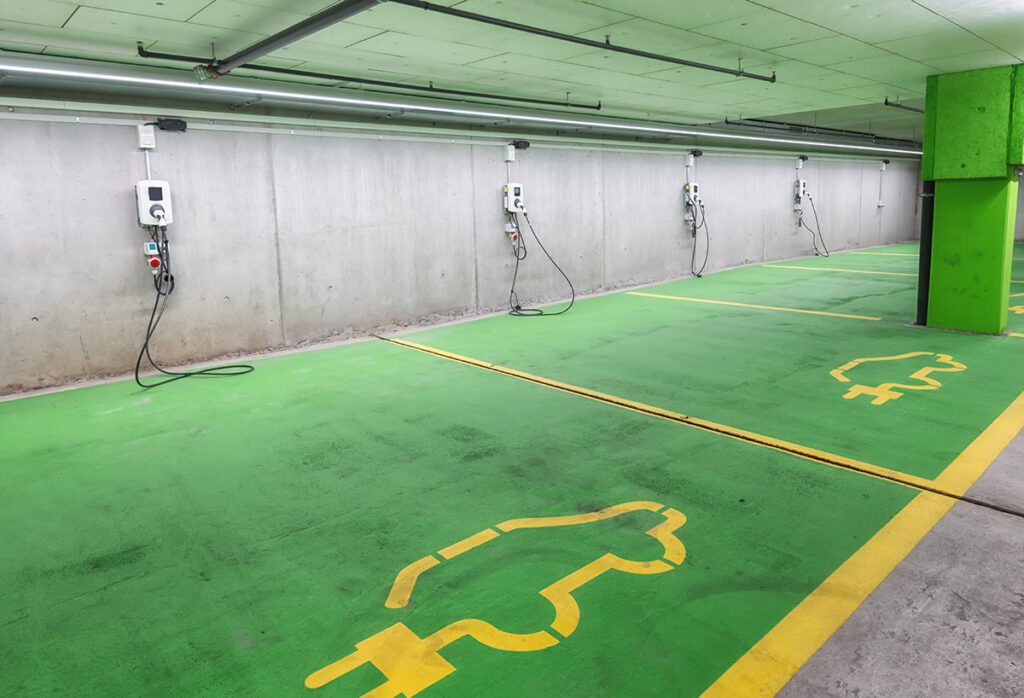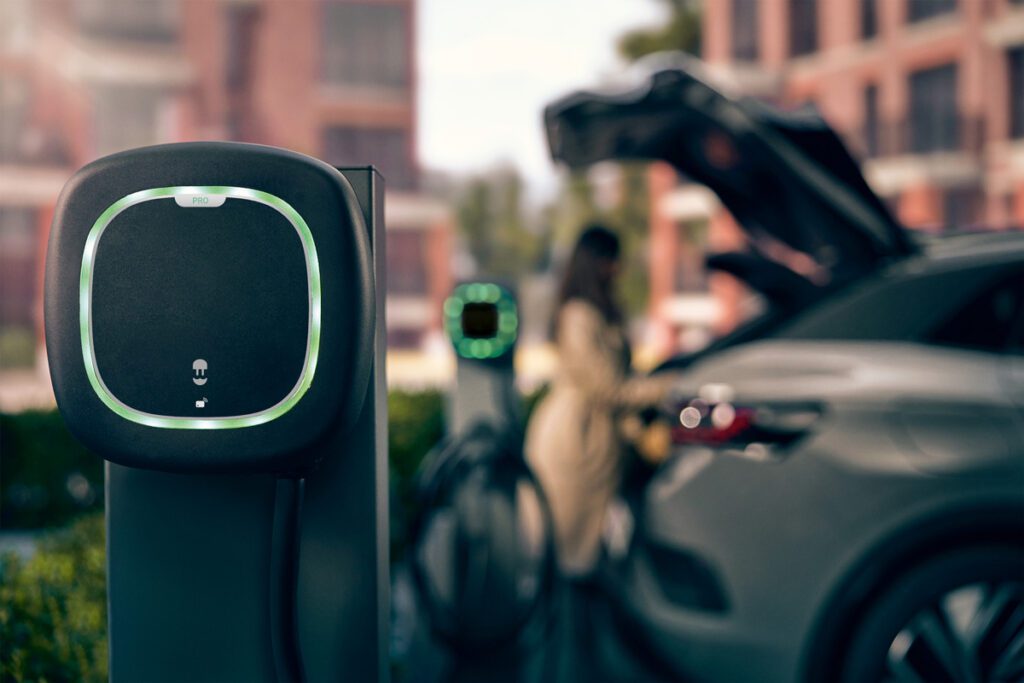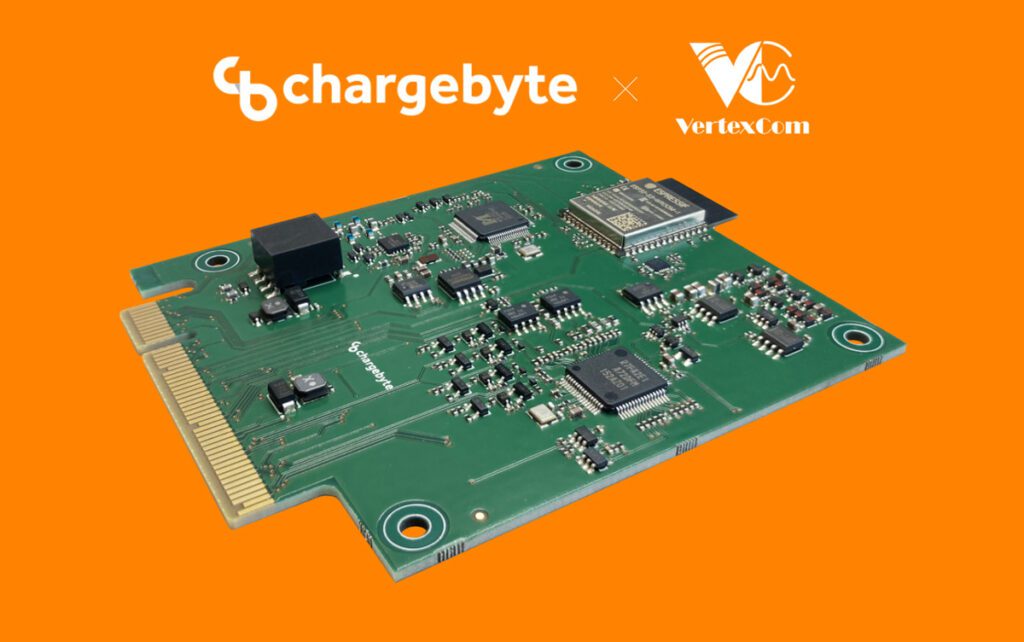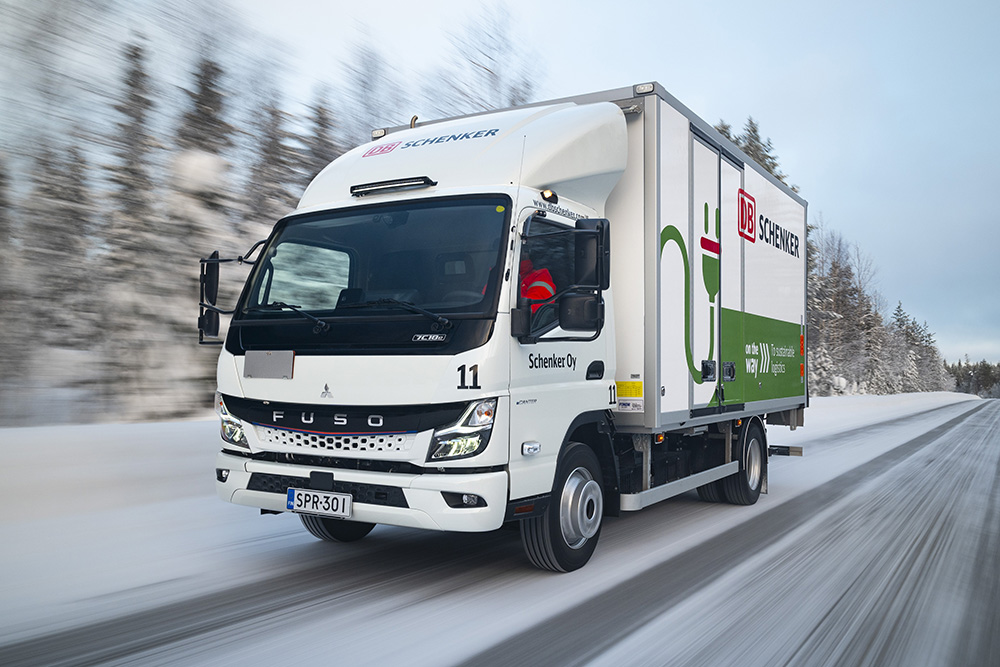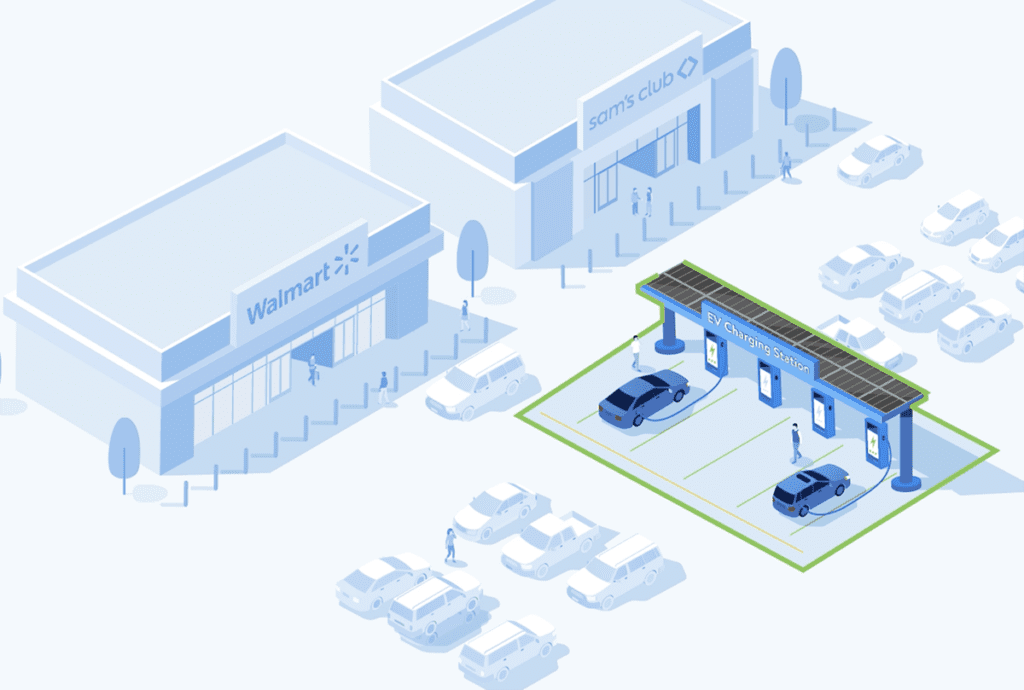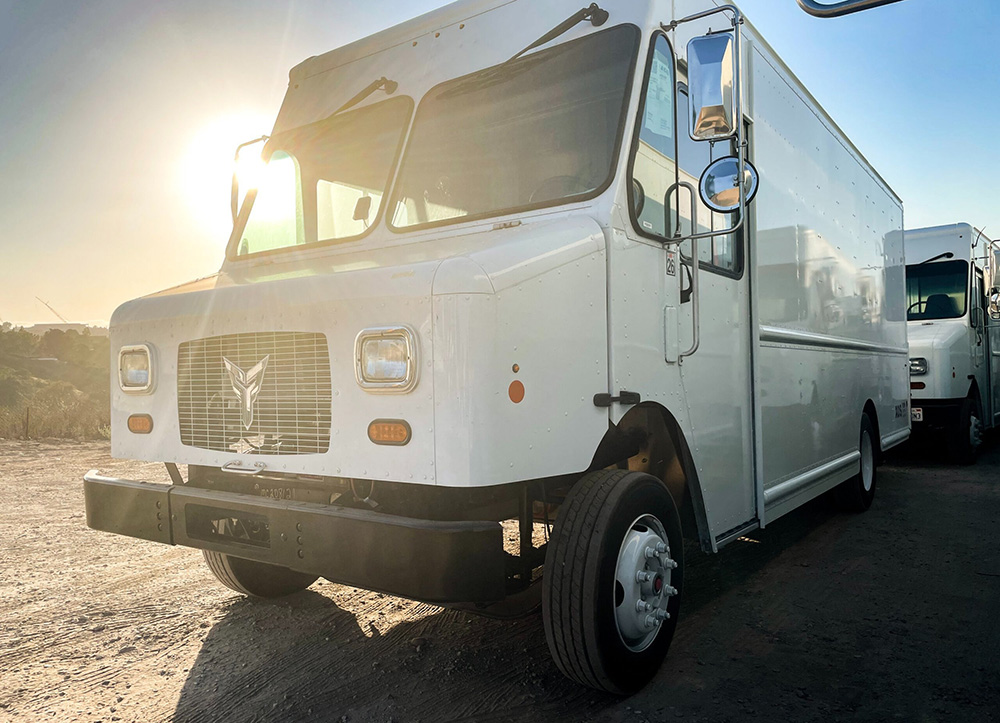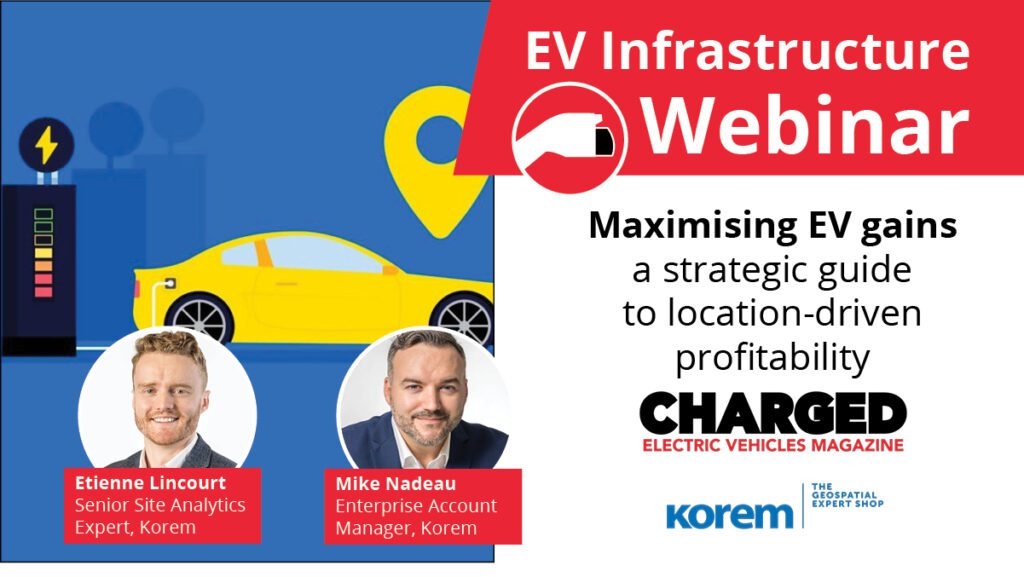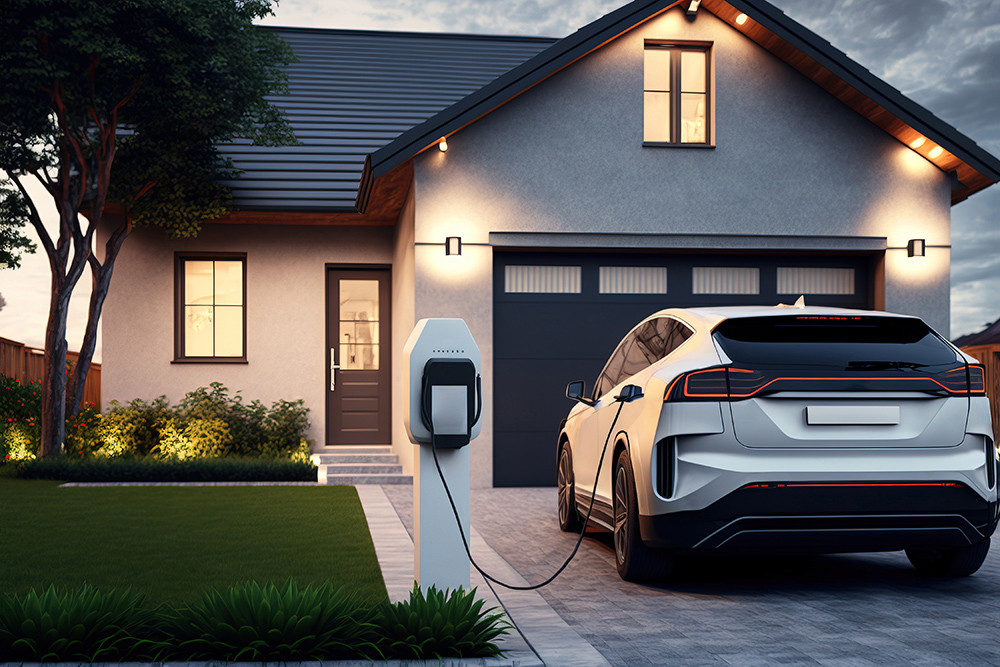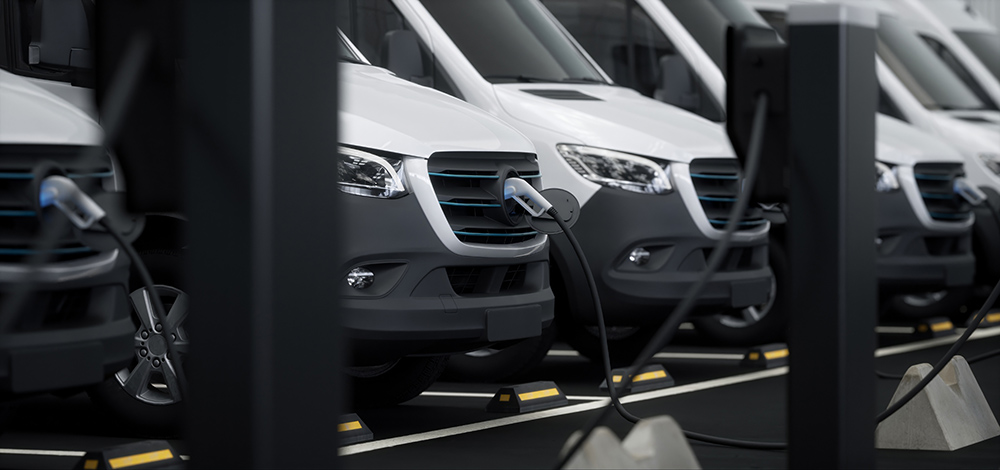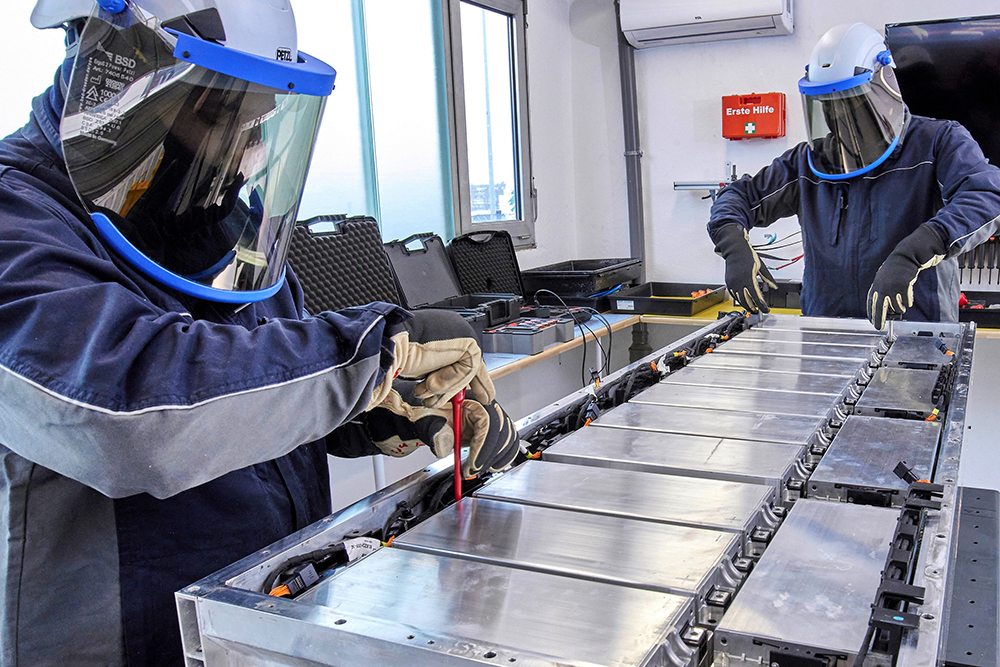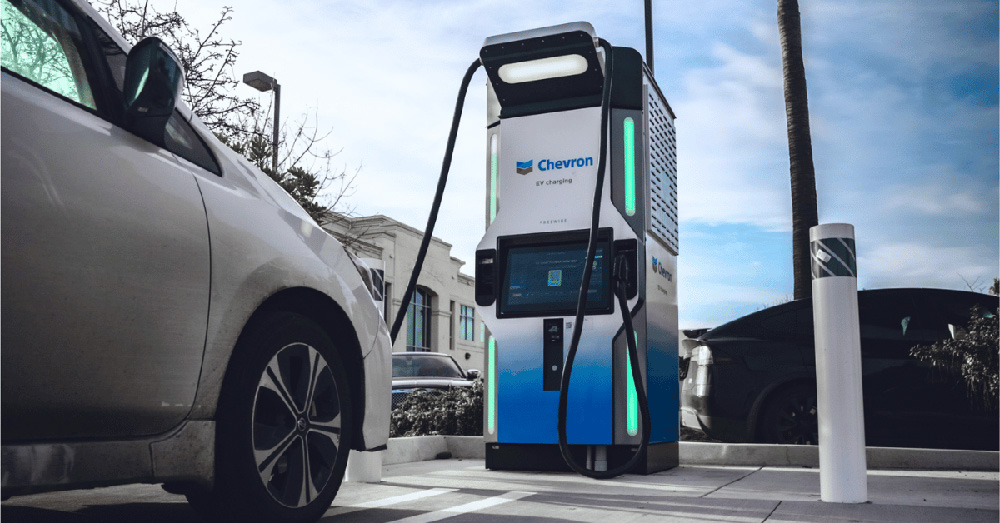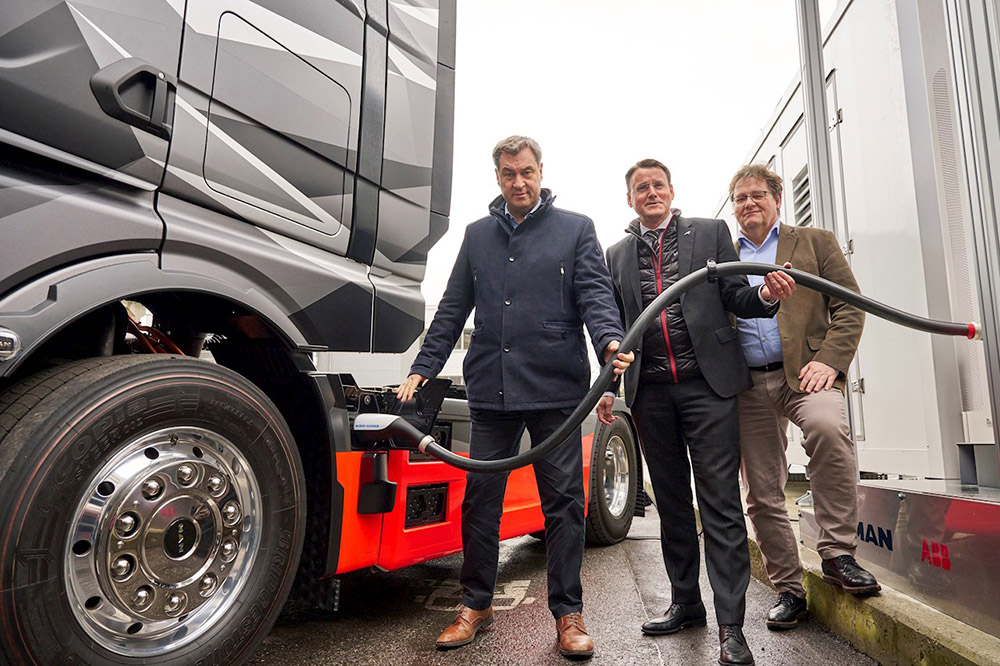Pacific Gas and Electric (PG&E) has asked state regulators for permission to build an estimated 25,000 EV chargers, using $654 million in ratepayer dollars, at sites across its service area in Northern and Central California. The project would represent the largest deployment of EV charging stations in the country.
The chargers are to be located at the usual commercial and public locations, and 10 percent would be installed in disadvantaged communities. 100 of the new chargers would be DC fast chargers, located at key locations between metropolitan areas. PG&E proposes to own all of the infrastructure, but will contract with third parties to build, install and maintain the chargers and manage billing. The utility expects the program to take about five years to complete.
“Our proposed build-out of EV charging infrastructure aims to accelerate customer adoption of plug-in vehicles by reducing lingering range anxiety. It reflects our commitment to helping the state of California meet its critical clean air and greenhouse gas emissions reduction goals by promoting cleaner transportation,” said CEO Tony Earley.
PG&E’s service area includes over 60,000 plug-in vehicles, about a fifth of all plug-ins in the US. Industry models suggest that the region will need about 100,000 Level 2 chargers in public locations by 2020 to support the Governor’s goal of 1.5 million zero-emission vehicles in California by 2025.
PG&E’s chargers would be provided at no cost to the site host. The cost would be shared by all electric customers – the company estimates that a typical residential customer would pay about 70 cents more per month over the period 2018 to 2022.
Some consumer advocates and EV industry insiders expressed concern about the proposal. “We are very skeptical about the value of investing so much ratepayer money and betting it all on electric vehicles,” Mark Toney, executive director of Utility Reform Network, told the San Jose Mercury News.
“In general, monopoly control of any particular market never yields a good outcome,” Pasquale Romano, CEO of ChargePoint, said in a statement. He belives that allowing the utility to select the EV charging hardware, network and pricing will limit competition for the site owner and create little incentive to provide better solutions.
“We should have the freedom to compete on innovation and we’re happy to exist in a market where we’ll compete on price,” said Romano.
If approved, installation would begin in 2017.
Source: Pacific Gas and Electric, Green Tech Media, San Jose Mercury News



